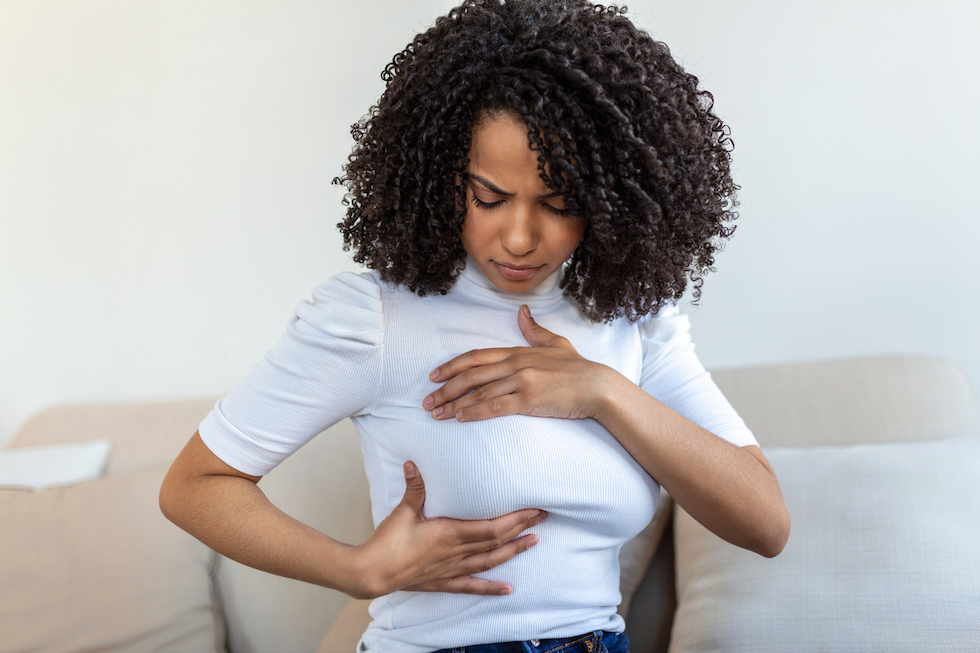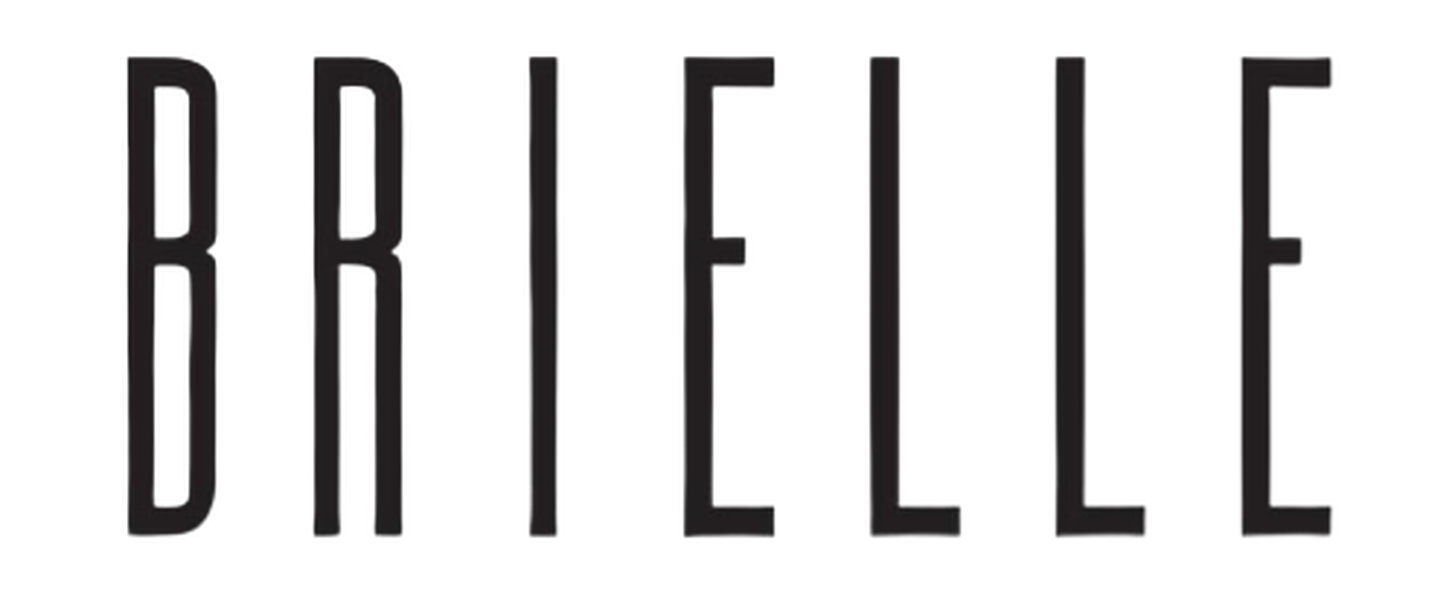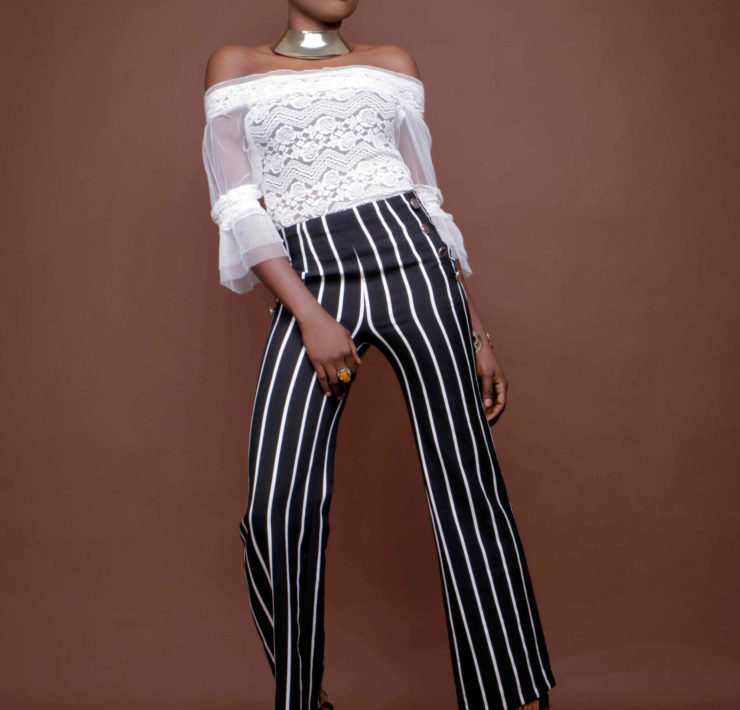Breast Cancer: Everything A Woman Should Know

It is usually good to frequently examine your breast. As such, it is advisable to do an occasional self-check on your breasts so that you can detect when something goes amiss.
It is a known fact that finding or detecting breast cancer early enough gives a woman a better chance at a successful treatment.
As women, we need to have sufficient knowledge about breast cancer irrespective of our age. It is also important that you are familiar with your breasts. For example, know how they feel and have your doctor teach you how to properly carry out a breast self-examination.
This article contains sufficient information on breast cancer and how you can prevent it.
What is breast cancer?
Breast cancer is a disease in which cells in the breast grow out of control. It can start from any part of the breast. The type of breast cancer often depends on which cells in the breast have this cancer. The breast has three essential parts, the connective tissue, the lobules, and the ducts, and any of these can be affected by this disease.
Symptoms of breast cancer
The following symptoms shouldn’t be ignored once noticed
- If there’s a change in the appearance of the size and shape of the breast.
- If there are changes to the skin (such as dimpling) that covers the breast.
- If there’s a thickening or breast lump that feels quite different from the tissues surrounding the breast.
- When there is an inversion of the nipple or flaking, peeling or scaling of the pigmented area of skin that surrounds the nipple.
- When there’s redness of the skin over the breast.
Causes of breast cancer (the risk factors)
Though there have been some studies, the real cause of breast cancer is unclear, but some risk factors may be detected, and to a large extent controlled. These risk factors include:
Genetics
Women that inherit the BRCA1 and BRCA2 genes from their parents are likely to have breast cancer. Also, if a close relative is detected to have breast cancer, it can mean that relatives have a high chance of developing breast cancer.
Age
Studies have discovered that the risk of breast cancer increases with age. In your early twenties, the chance of developing breast cancer is 0.06%, but within the ages of 60-70, the percentages rise to about 3.84%.
A history of breast lump or cancer
Those that have previously had breast cancer are more likely to have a repeat of it; this is because having a tumor-like noncancerous breast lump is likely to develop to full-blown cancer in the future.
Women with dense breast
According to status, women with thicker breasts are susceptible to get a diagnosis of breast cancer.
Bodyweight
Due to increased secretion of estrogen levels, women who are obese or over-weight, especially after menopause, are liable to develop breast cancer. Also, the use of sugar to an excessive level could be a factor.
High level of alcoholic consumption
According to a study done by the National cancer institute, women who drink alcohol regularly are more likely to develop breast cancer than those who don’t.
Diagnosis of breast cancer
A doctor can diagnose breast cancer via routine screening; these tests and procedures include:
Imaging tests: the imaging procedures are as follows:
- Mammogram: This procedure provides images that a doctor can use to detect abnormalities or lumps quickly.
- Ultrasound: This is another excellent procedure that uses sound waves to aid a doctor to identify either a fluid-filled cyst or a solid mass.
- Magnetic Resonance imaging: This is another imaging procedure; this one combines different images of the breast to help a doctor identify abnormalities and cancer.
Breast exam: This is a more basic mode of diagnosis by a doctor; it is an examination of the breast physically to detect lumps and other abnormalities.
Biopsy: This mode of diagnosis entails a doctor extracting a sample of the tissue from the breast and sending it to the lab for thorough analysis. This will aid the doctor to know if the cells are cancerous.
Prevention of breast cancer
Knowledge about breast self-examination: you can prevent breast cancer by periodically checking your breast for lumps, and if you notice any, prompt medical attention should be sought.
Limit alcohol consumption: Women need to take alcoholic drinks in moderation.
Workout often: Exercising at least once a day even for at least 30 minutes will help prevent breast cancer, especially for those with denser breasts.
Maintain a healthy weight: A healthy weight will help prevent breast cancer; this can be achieved by eating lesser calories or improving your workout routine by exercising regularly.
Eat only healthy food: eating mostly plant-based diets can help keep breast cancer at bay. Dump fried and junk food.
Treatment of breast cancer
The type of treatment that will be adopted for each person depends on the type, stage, age, health, and the preferences of the patient; this includes:
Surgery
This is the most used by Doctors, in addition to Mastectomy and lumpectomy
Mastectomy
This treatment involves the removal of fatty tissue, ducts, nipple, and muscle in the chest wall, while lumpectomy consists of the removal of the tumor and surrounding tissues.
Reconstruction
As the name implies, the doctor reconstructs the breast to look natural, to help a patient cope with the psychological effects of breast removal.
Chemotherapy
Adjuvant chemotherapy entails the prescription of cytotoxic chemotherapy drugs to kill cancer cells.
Hormone blocking therapy
Doctors use this therapy to prevent hormone-sensitive breast cancers from returning after treatment. It can be used beforehand to shrink the tumor.
Conclusion
As women, we need to be health-conscious. This article contains information needed to help you on your journey to cancer prevention; ‘prevention is better than cure’.
Do you have a breast cancer experience you would like to share with others, then don’t hesitate to share with us in the comment section.


